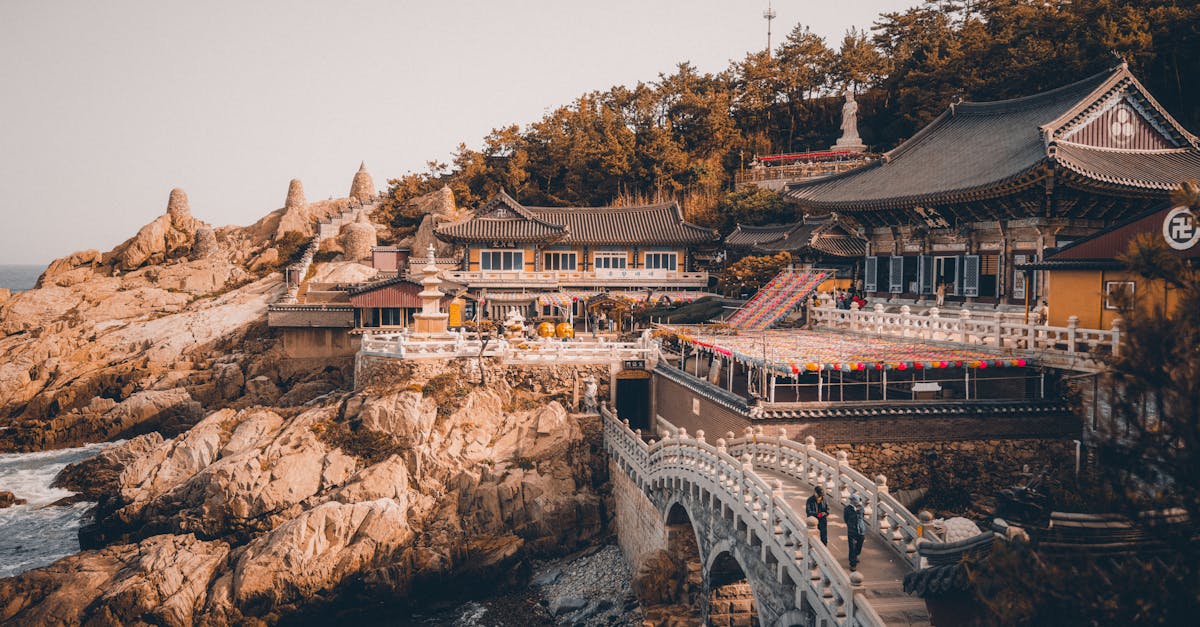|
IN SHORT
|
Organizing a trip to Canada may seem like a big challenge, but with a few tips and a good dose of preparation, you can become a true expert! Whether you dream of exploring the majestic Rockies, getting lost in the charming streets of Quebec, or vibrating to the rhythm of big cities like Toronto and Vancouver, every corner of Canada has something unique to offer. So, put on your sunglasses, prepare your passport and let me walk you through the steps to plan a memorable trip to the land of maple trees, sparkling lakes and lush forests.
Preparing for your trip: the key steps
Organizing a trip to Canada can be as exciting as it is complex. With its breathtaking landscapes, vibrant cities and rich culture, Canada is a popular destination for travelers from around the world. This article guides you through the essential steps to organize your stay like a boss. From a good travel plan to optimizing your visits, get ready to experience an unforgettable adventure.
Define your route
Before even thinking about the suitcase, it is crucial to define your itinerary. Canada is huge and its attractions are varied, from the Rocky Mountains to Niagara Falls. To maximize your experience, you should think about what appeals to you most.
Choose your destinations
Top cities not to be missed include Montreal, Toronto, Vancouver and Quebec. Each offers a unique experience, whether it’s gastronomy, architecture or local culture. If you are passionate about nature, national parks like Banff and Jasper will leave you speechless, as will the magic of Cabot Trail in Nova Scotia.
Establish a schedule
Once you have selected your destinations, create a schedule. Consider how long you will stay in each city and how to get around. THE trains and buses are great options for exploring the country, and of course, flying remains the quickest way for long distances.
Buy plane tickets
The choice of your plane tickets can make a big difference. To benefit from the best rates, book in advance and stay flexible on your departure dates. Companies like Air Canada offer promotions, so keep an eye on their sites for possible good deals.
Accommodation: where to sleep in Canada?
Canada offers a range of accommodation options, from hotels to hostels to wilderness lodges. Remember to book your nights in advance, especially during the high tourist season. Platforms like Airbnb and Booking.com can help you find beds that fit your budget.
Local experience
For total immersion, consider staying with locals or in less touristy areas. This will allow you to discover the real Canada, far from the beaten track.
Moving within the country
Traveling to Canada requires a good travel strategy. Distances can be significant, so choose your mode of transportation carefully.
Local transportation
In large cities, the public transport is often efficient. Metro, tram or bus, each city has a well-established system. Consider purchasing transportation passes to save on your travel.
Scenic Drives
If you prefer the road, Canada has some breathtaking roads like the Icefields Parkway, which connects Banff to Jasper. Renting a car will allow you to explore the country at your own pace while admiring incredible landscapes.
| Appearance | Advice |
| Destination | Choose according to the seasons and activities (nature, urban planning). |
| Budget | Establish a realistic budget including accommodation, transportation and meals. |
| Duration | Allow at least two weeks to discover several regions. |
| Transportation | Choose to rent a car to explore at your own pace. |
| Accommodation | Book in advance, especially in peak season, for best options. |
| Activities | Incorporate local and off-the-beaten-path activities. |
| Documentation | Check passport requirements and possible visas. |
| Climate | Check the weather forecast to dress accordingly. |
| Language | Be prepared to use English and French depending on the region. |
- 1. Choose the right season – Evaluate the weather and available activities.
- 2. Determine the budget – Set a range for accommodation, food and activities.
- 3. Create a route – Plan which cities and attractions to visit.
- 4. Book flights – Compare prices and choose the right time to buy.
- 5. Choose transfers – Opt for rental car or public transport.
- 6. Book accommodation – Explore options according to style and budget.
- 7. Find out about visas – Check the entry requirements for your nationality.
- 8. Provide travel insurance – Protect yourself against unforeseen medical or travel emergencies.
- 9. Prepare your activities – Book tours and excursions in advance.
- 10. Learn about local culture – Respect customs and learn a few phrases in French.
Prepare your budget
A successful trip also depends on budget well planned. Take the time to estimate your expenses: transportation, accommodation, meals and activities.
Cost of living in Canada
Find out about the cost of living in different regions. Toronto and Vancouver are generally more expensive than other cities like Quebec or Halifax. On average, a meal at a restaurant will cost you between 15 and 30 CAD, while activities can range from free to several hundred dollars.
Activities and attractions not to be missed
Once there, you’ll want to explore everything Canada has to offer. From festivals to museum visits, the options are endless.
Cultural events
Check the local events calendar to discover festivals that coincide with your stay. The Montreal International Jazz Festival, for example, is a must for all music lovers.
Outings in nature
If you are a nature lover, don’t forget to include hiking in your itinerary. Banff National Park is a great place to start, with its well-marked trails and stunning scenery.
Understanding Canadian culture
Canada is renowned for its cultural diversity. Learning a few words in French or English will allow you to interact with the locals and better understand their way of life.
Etiquette and customs
Canadians are known for their politeness. A simple “Thank you” or “Merci” can go a long way toward a positive interaction. Also take into consideration local cultural practices, particularly with regard to indigenous communities.
Administrative preparations
Before you leave, make sure all your documents are in order. This includes passports, visas and travel insurance.
Visa and entry requirements
Depending on your nationality, you may need a visa or AVE (Electronic Travel Authorization). Check the requirements on the Canadian government website to avoid any surprises upon your arrival.
Travel insurance
Don’t leave without adequate travel insurance that covers medical expenses, cancellations and lost baggage. This can save you from a difficult situation if something unexpected happens.
Equipment and luggage
Prepare your suitcase depending on the season in which you are traveling. Canadian winters can be harsh, while summers are warm in most areas.
Adapted clothing
For hiking, comfortable, waterproof shoes are essential. In the cold season, don’t forget thermal layers, a good coat and warm accessories!
Essential accessories
A plug adapter is essential if you are coming from another country. Also bring an external battery for your phone, which will be useful for documenting your adventures.
Stay connected
Finally, remember to stay connected during your stay. Having access to the internet can be very practical for browsing or making reservations on the go.
Connection options
Consider a cell phone plan that includes overseas data or invest in a local SIM card as soon as you arrive.
Useful apps
Download apps like Google Maps, Yelp or TripAdvisor to guide you in your culinary and tourist discoveries. Don’t leave without having these tools on hand, as they will greatly simplify your trip.
Evaluate and enjoy
Once all these steps are in place, let yourself be carried away by your journey. Get ready to create unforgettable memories and savor every moment in Canada.
Travel is as much about planning as it is about improvisation. Be prepared for the unexpected and be surprised by what Canada has to offer. Whether you’re a thrill-seeker, a foodie, or simply someone who wants to explore, there’s something for everyone. Good adventure !
Frequently Asked Questions
A: The best times to visit Canada depend on the desired activity: summer is ideal for hiking and festivals, while winter is perfect for snow sports.
A: Yes, it is recommended to book your flights and accommodation in advance, especially during peak tourist season, to get better prices and guarantee availability.
A: You will need a valid passport. Depending on your nationality, an eTA (electronic travel authorization) or visa may also be required.
A: Canada has a good public transportation system, including buses, trains and domestic flights. Car rental is also a popular option for exploring the country.
A: Must-see attractions include Niagara Falls, Banff National Park, the city of Toronto, Montreal, and Vancouver, each offering unique experiences.
A: Although English and French are the official languages, many Canadians also speak other languages, and you will be able to get by with basic knowledge of English or French.
A: Budget will depend on your travel style, but it is generally advisable to budget on average around 100-200 CAD per day for meals, activities and accommodation.




